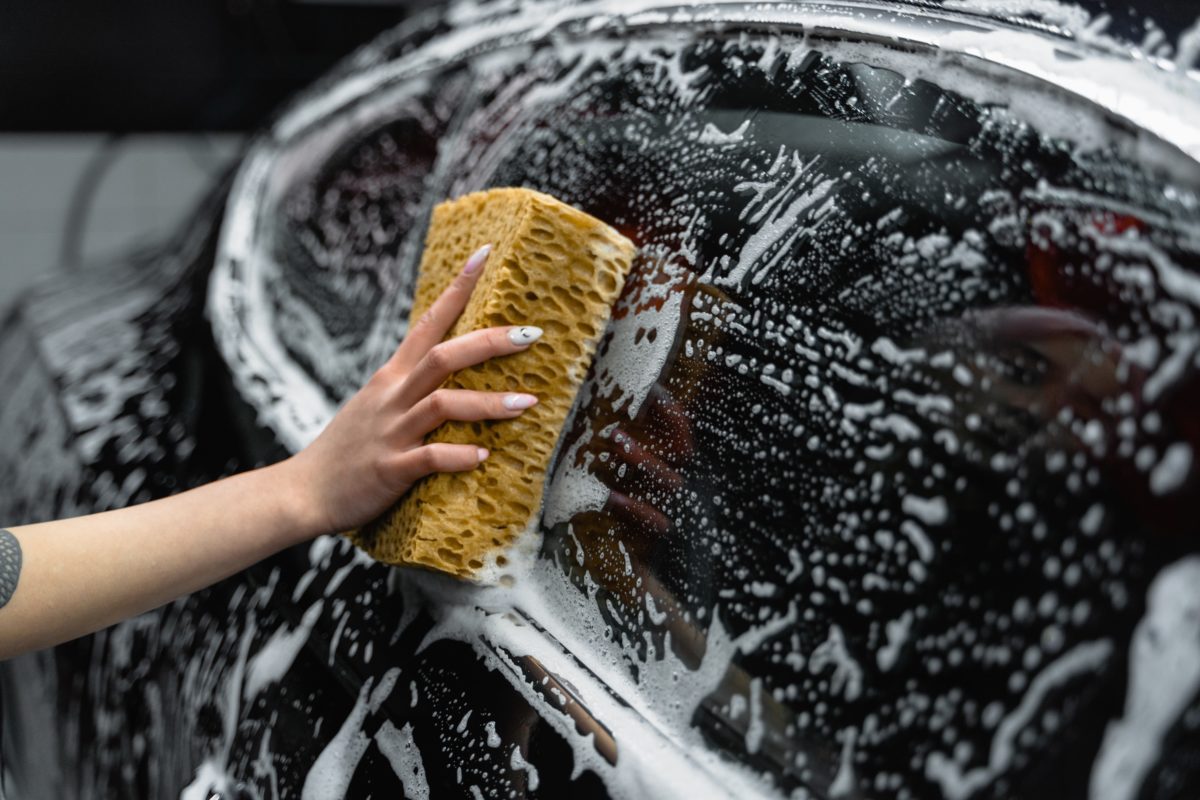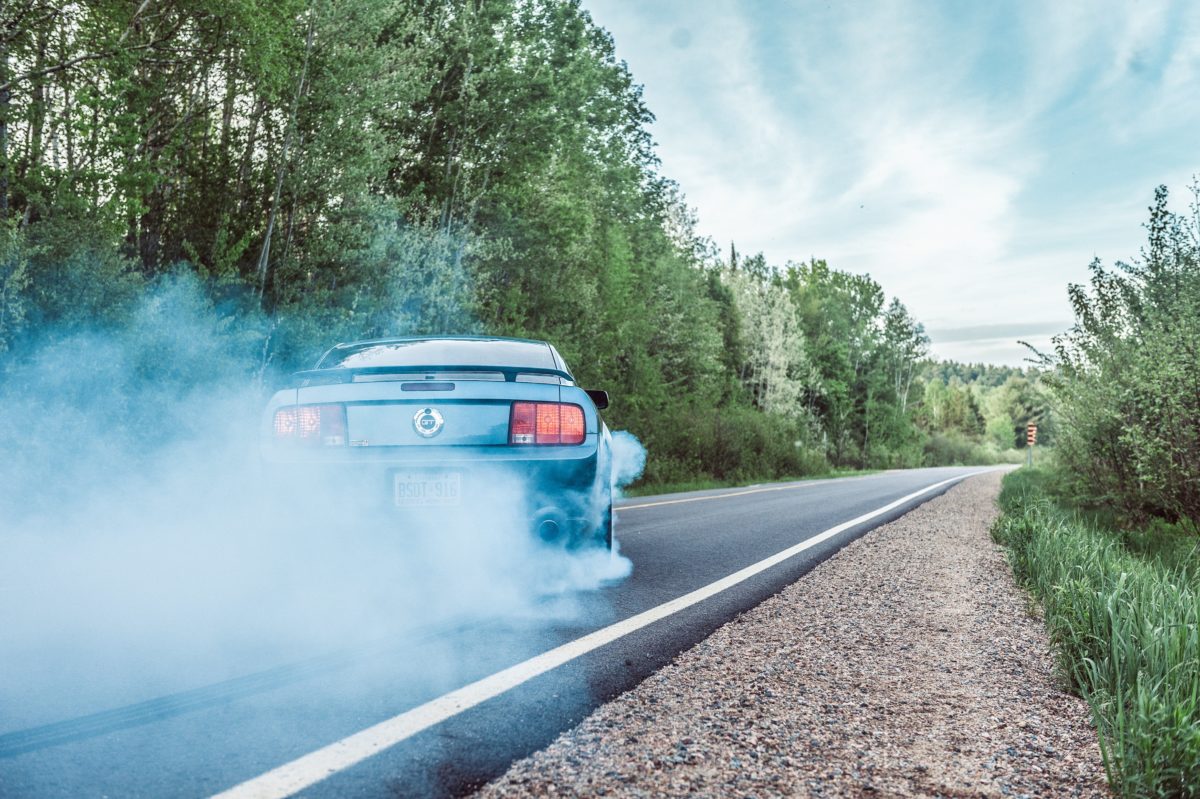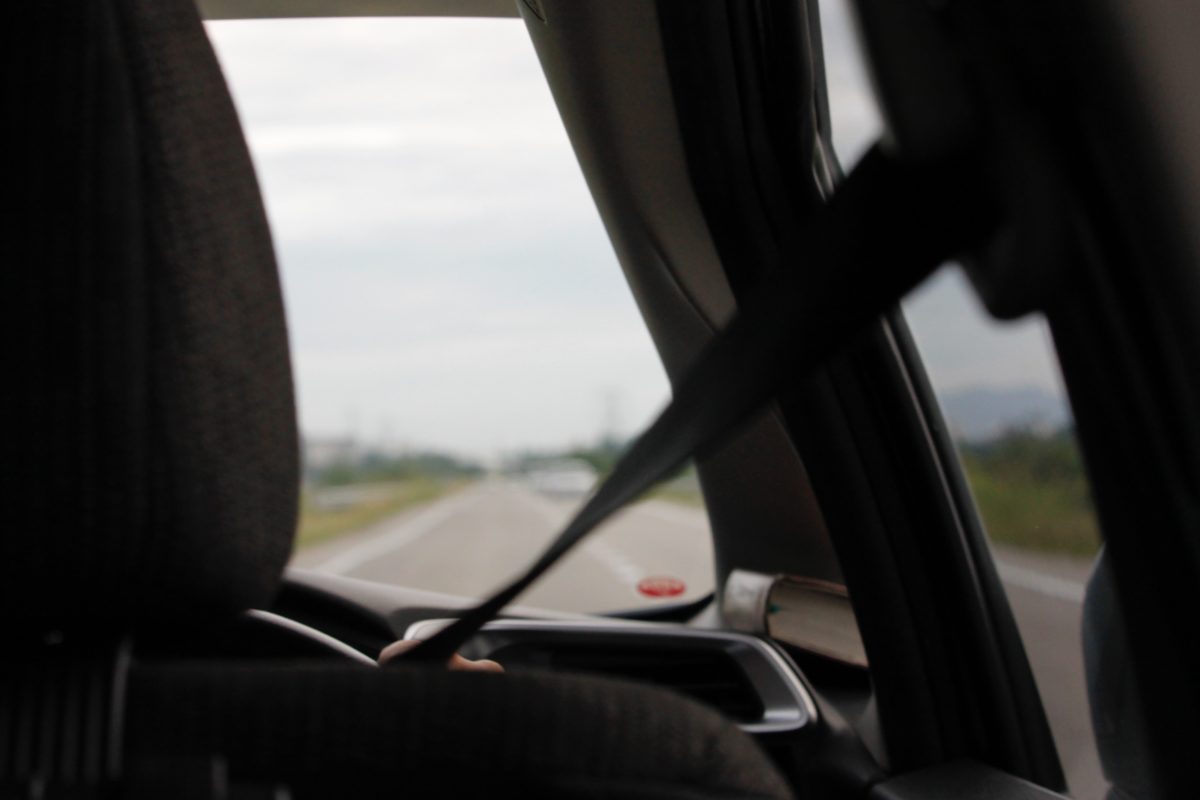The Do’s and Dont’s of Washing Your Car At Home
By H&H Admin
What you use to wash your car matters and; contrary to popular belief, items such as dishwashing liquid and laundry detergent aren’t best for the paint on your car.
Washing your car regularly is a simple way to maintain its value. Richard Green, National Director of SAMBRA, shares some do’s and don’ts which may help you to keep your car sparkling clean .
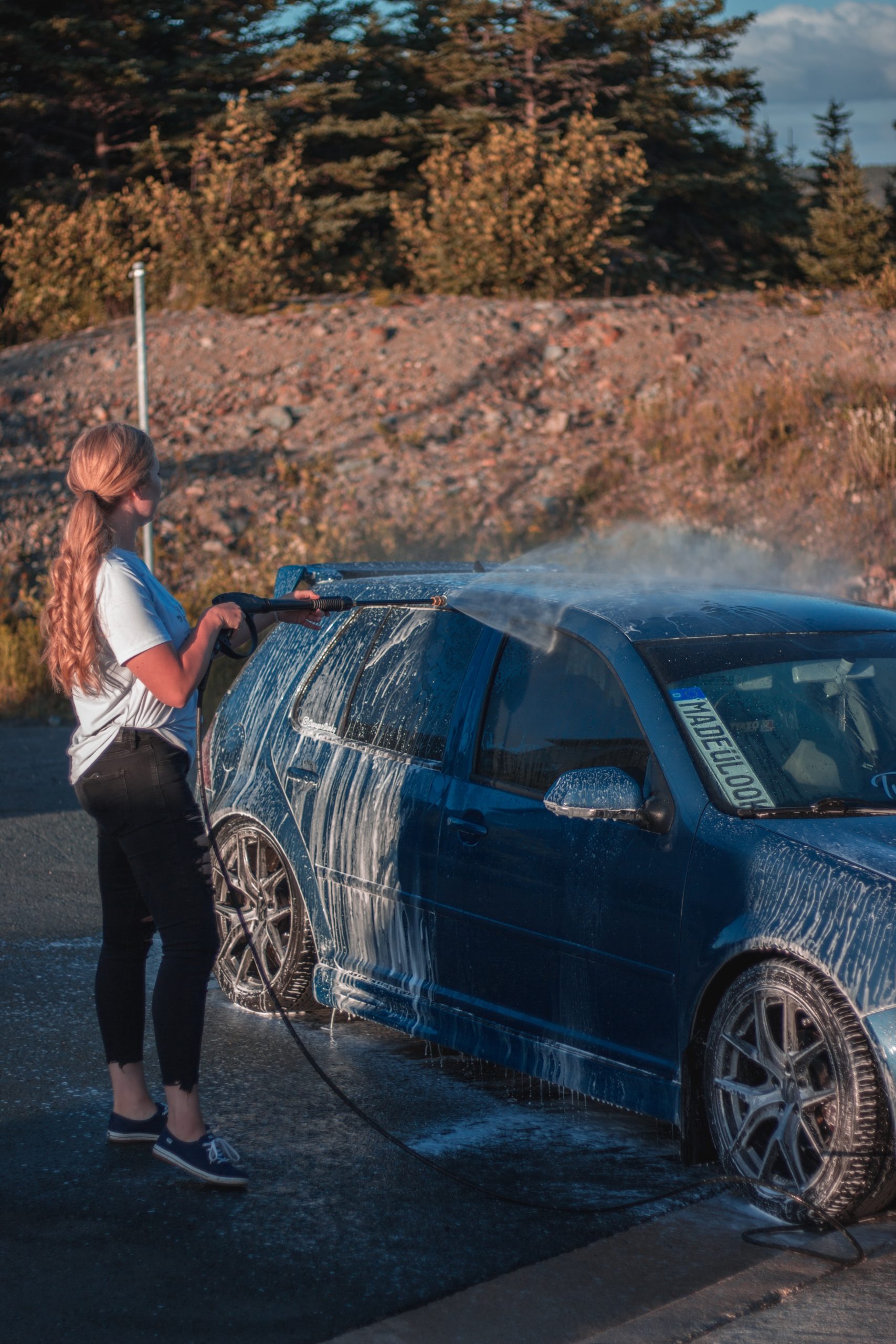
Do this to keep your car’s paintwork in tip-top condition;
- Use a dedicated carwash product that is milder and specifically designed for use on automotive paint. Before applying the soap, rinse all surfaces thoroughly with water to remove loose dirt and debris that could cause scratching. Apply the soap with a large, soft natural sponge or a lamb’s-wool mitt. For more stubborn deposits such as grease and road tar, you may need a slightly stronger product. Wash one section at a time and rinse each section before moving on to the next. Remember to work the solution into a lather to provide plenty of lubrication.
- Use a different sponge to clean the wheels and tyres and be careful to use a product specifically formulated for tyres.
- Be careful how you rotate your sponge. Moving your sponge in circles when you clean your car can create light, but noticeable scratches called swirl marks. Instead, move the sponge lengthwise across the bonnet of the car and other body panels and always ensure your sponge is perfectly clean to avoid scratching the paintwork. Remember to use a different sponge to clean your wheels.
- Just like we all enjoy an occasional visit to the spa, treat your car to a seasonal waxing to help protect it from the elements as well as to give it a like-new shine. It is worth noting that premium-priced car wax brands do not necessarily hold up any better than lower-priced alternatives. In fact, some moderately priced liquids have scored quite well in independent tests.
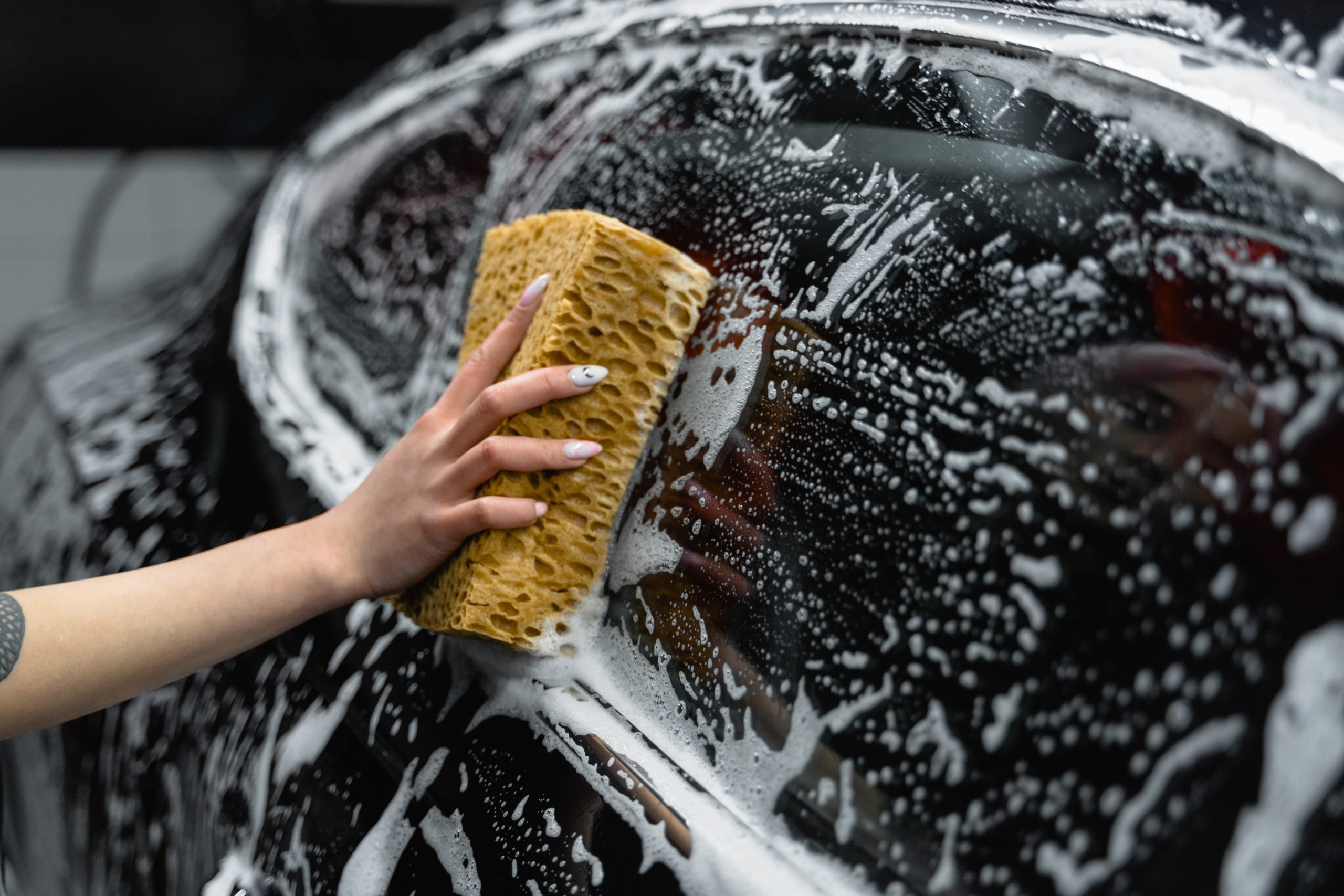
Do this to avoid scratches and fading;
- Don’t use household cleaning agents like hand soap, dishwashing detergent, or glass cleaner on the paint. These are not formulated for use on a car’s paint and may strip the protective wax off. Avoid any gimmicky products that claim to remove marks as these more often than not also strip the protective wax layer off the car’s paint.
- Don’t use any wax or shine products on your tyres. Many products advertise they add shine to tyres; remove sidewall dirt and oils but may erode the rubber or cause the tyres to crack over time. The reality however is that modern tyres have waxes in the material of the rubber to protect them from the environment. According to Green, even if a dull appearance may occur over time, this is just the waxes migrating to the surface which in reality help protect the tyre. Fortunately, and easy on the budget, simple soap and water is really all you need for tyres.
- Don’t wash your car when the body is hot. Heat speeds up the drying of soap and water, making washing more difficult and increasing the chances of spots or deposits forming. This is particularly true immediately after driving your car or after it has been parked in direct sunlight for a long time.
- Don’t use an abrasive towel or other material that can leave hairline scratches in the paint.
Source: Retail Motor Industry Organisation (RMI)
